A Multilateral Effort: Diplomatic Talks in Latin America on Venezuelan Election Dispute
In response to the contested presidential election in Venezuela nine days ago, officials from Brazil, Colombia, and Mexico have been in constant communication with representatives of both Venezuelan President Nicolás Maduro and opposition candidate Edmundo González in an effort to seek a resolution to the country’s political crisis.
The three nations, whose current leaders are allies of Maduro, are engaged in conversations with both sides, as stated by a senior Mexican official involved in the discussions. However, the official declined to characterize these talks as formal mediation.
The three countries are recommending that the government and the opposition adhere to Venezuelan laws and pursue appeals through the appropriate institutions. This, however, may prove to be challenging for the opposition, as Venezuela’s ruling party controls all aspects of the government, including the justice system, and utilizes it to suppress opposition.
The officials who disclosed the information preferred to remain anonymous and did not divulge the names of the Venezuelan government and opposition participants in the discussions. Additionally, they did not confirm whether González’s team has indicated a willingness to formally appeal the results of the July 28 election.
In contrast to many other nations that have either recognized Maduro or González as the winner, the governments of Brazil, Colombia, and Mexico have maintained a more neutral position by neither rejecting nor applauding when Venezuela’s electoral authorities declared Maduro the winner at the ballot box.
In a joint statement last week, the three countries called on Venezuela’s electoral body to release tens of thousands of vote tally sheets, which are considered the ultimate proof of results. President Luiz Inácio Lula da Silva of Brazil, President Gustavo Petro of Colombia, and President Andres Manuel Lopez Obrador of Mexico emphasized the importance of upholding the fundamental principle of popular sovereignty through impartial verification of the results.
The Mexican official informed the Associated Press that the three countries have not ruled out the possibility of an in-person meeting with Maduro.
The highly anticipated election on July 28 posed the toughest electoral challenge Maduro and his ruling United Socialist Party of Venezuela have faced in decades. Despite millions of Venezuelans heading to the polls, the National Electoral Council proclaimed Maduro the winner without releasing any detailed figures.
Following the announcement of the results, thousands of Venezuelans protested the results and were met with government repression. The electoral council reported that Maduro had earned 6.4 million votes while González garnered 5.3 million. However, González and opposition leader Maria Corina Machado claimed to have obtained more than 80% of the vote tally sheets and asserted that Maduro had been defeated by a 2-to-1 margin.
Amidst the unfolding events, Maduro asked Venezuela’s Supreme Tribunal of Justice to conduct an audit of the presidential election, but this action drew criticism from foreign observers who deemed the court too close to the government to carry out an independent review.
The tribunal’s summoning of all 10 candidates who appeared on the ballot for a hearing raised further concerns, particularly when only González failed to show up. The court subsequently ordered him to appear at another hearing on Wednesday.
Meanwhile, Venezuela’s top prosecutor announced a criminal investigation against González and Machado over a statement they issued, calling on the armed forces to abandon their support for Maduro and to cease repressing protestors.
As the political situation in Venezuela continues to unfold, diplomatic efforts by neighboring countries are underway as they seek to navigate a path towards resolving the election crisis.
___
Castillo reported from Mexico City.
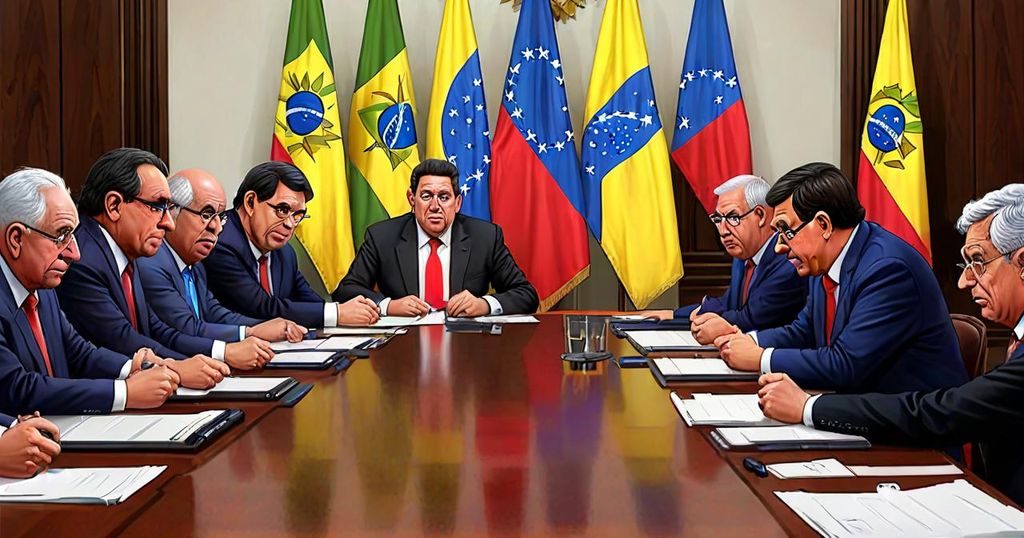
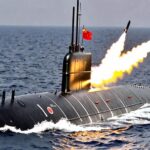
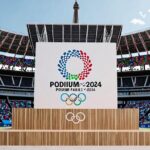

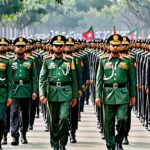
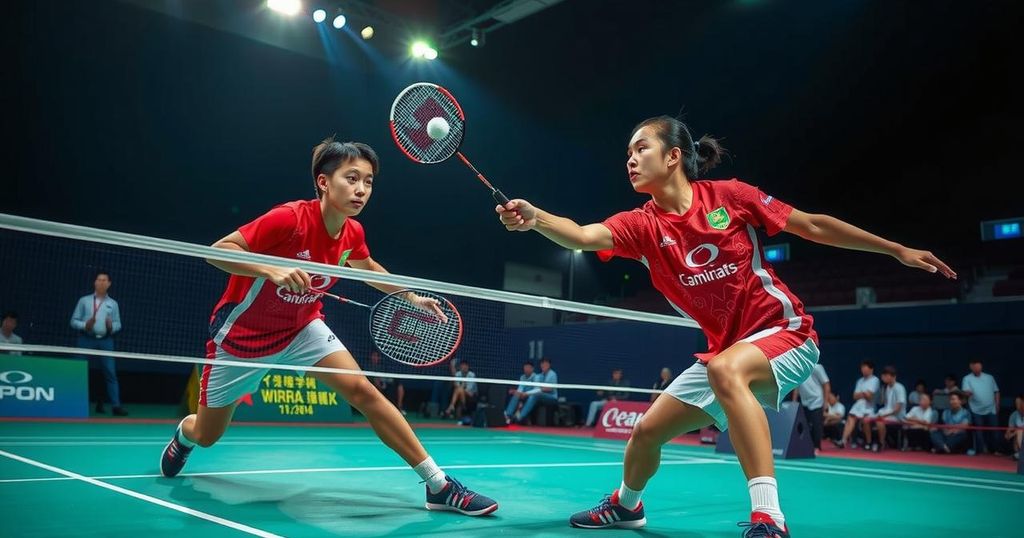
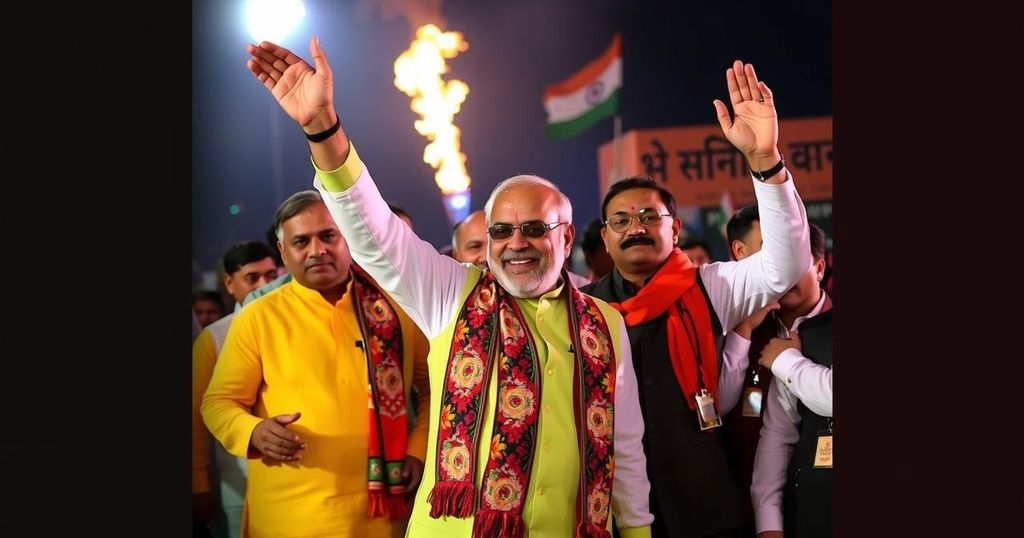
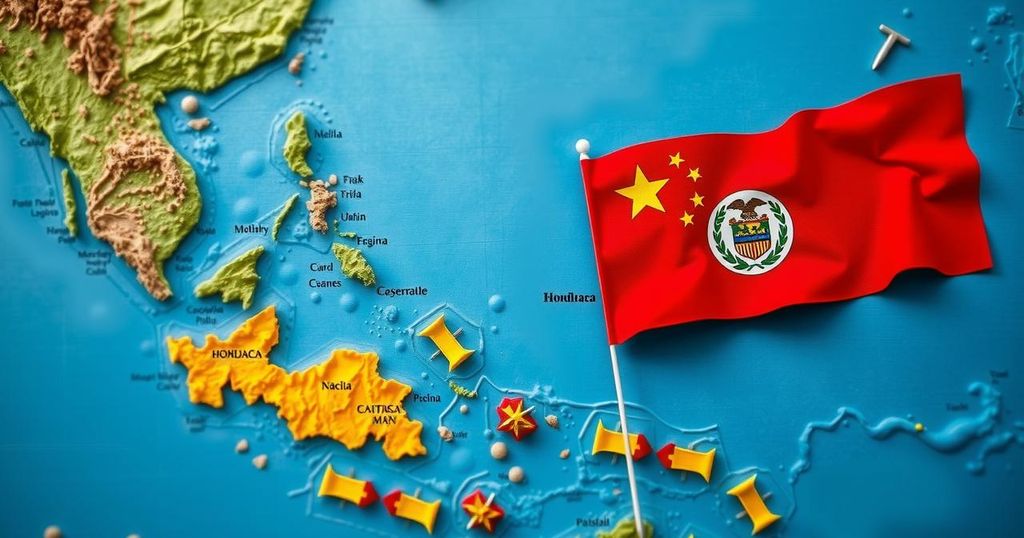
Post Comment